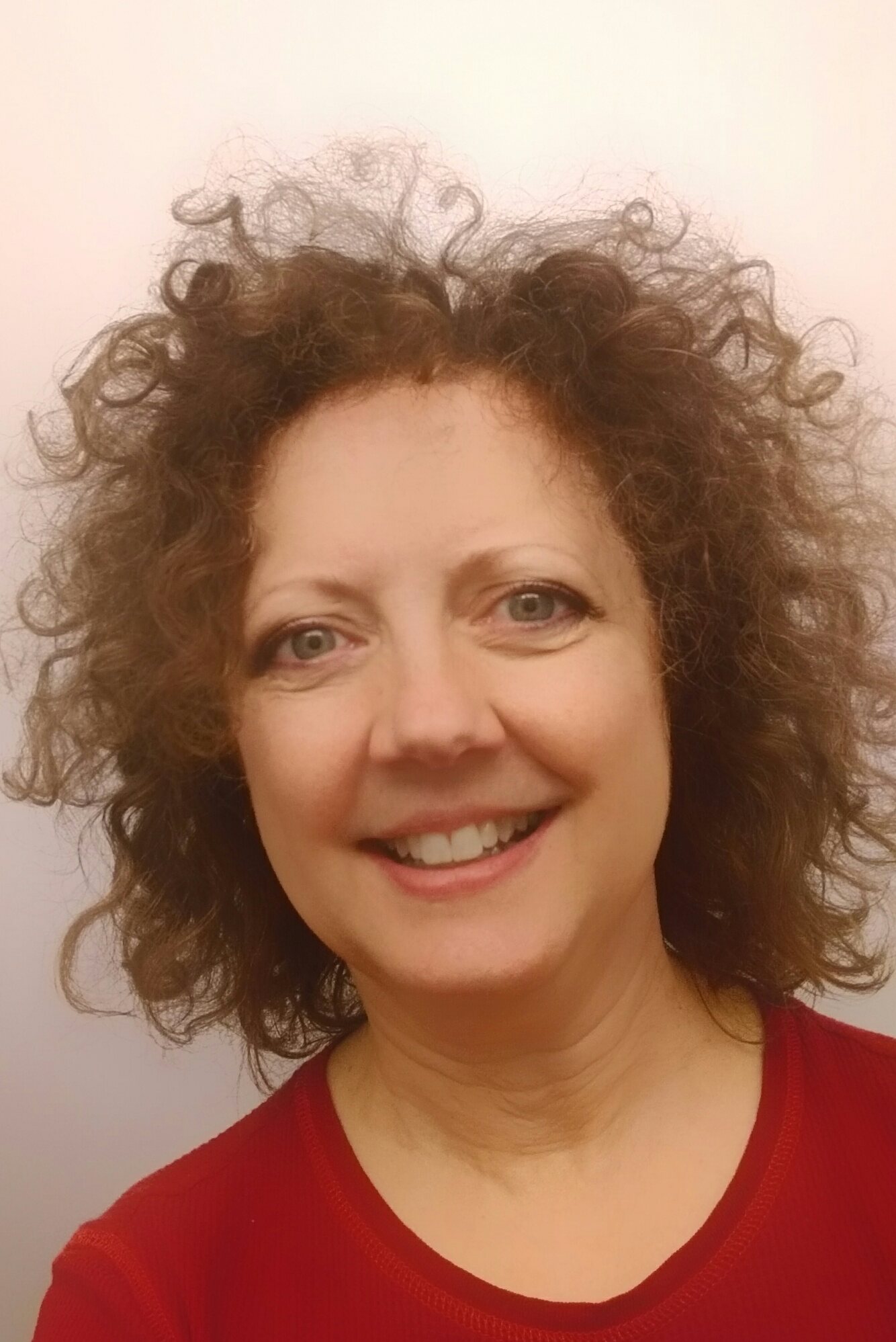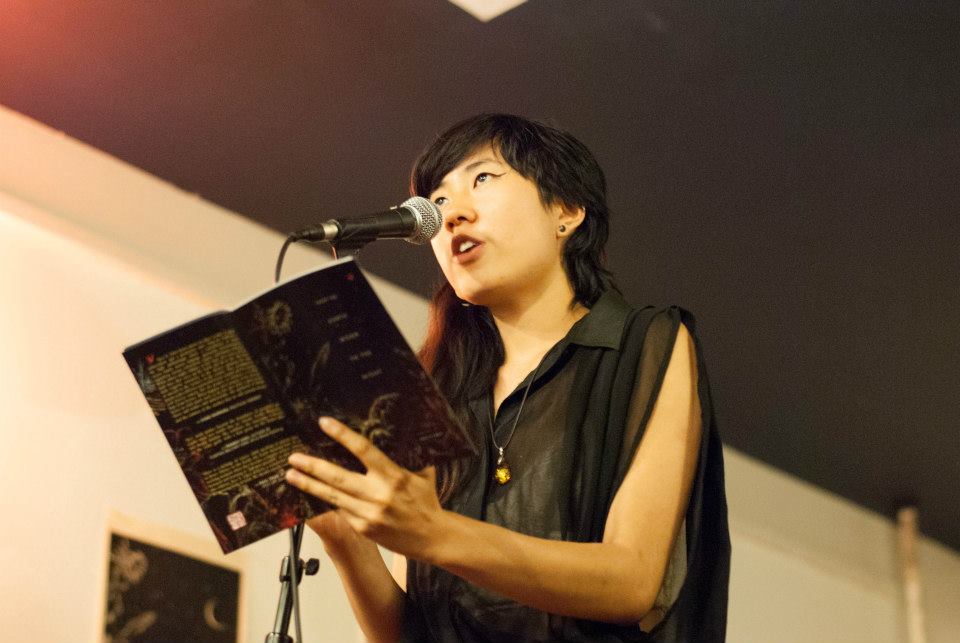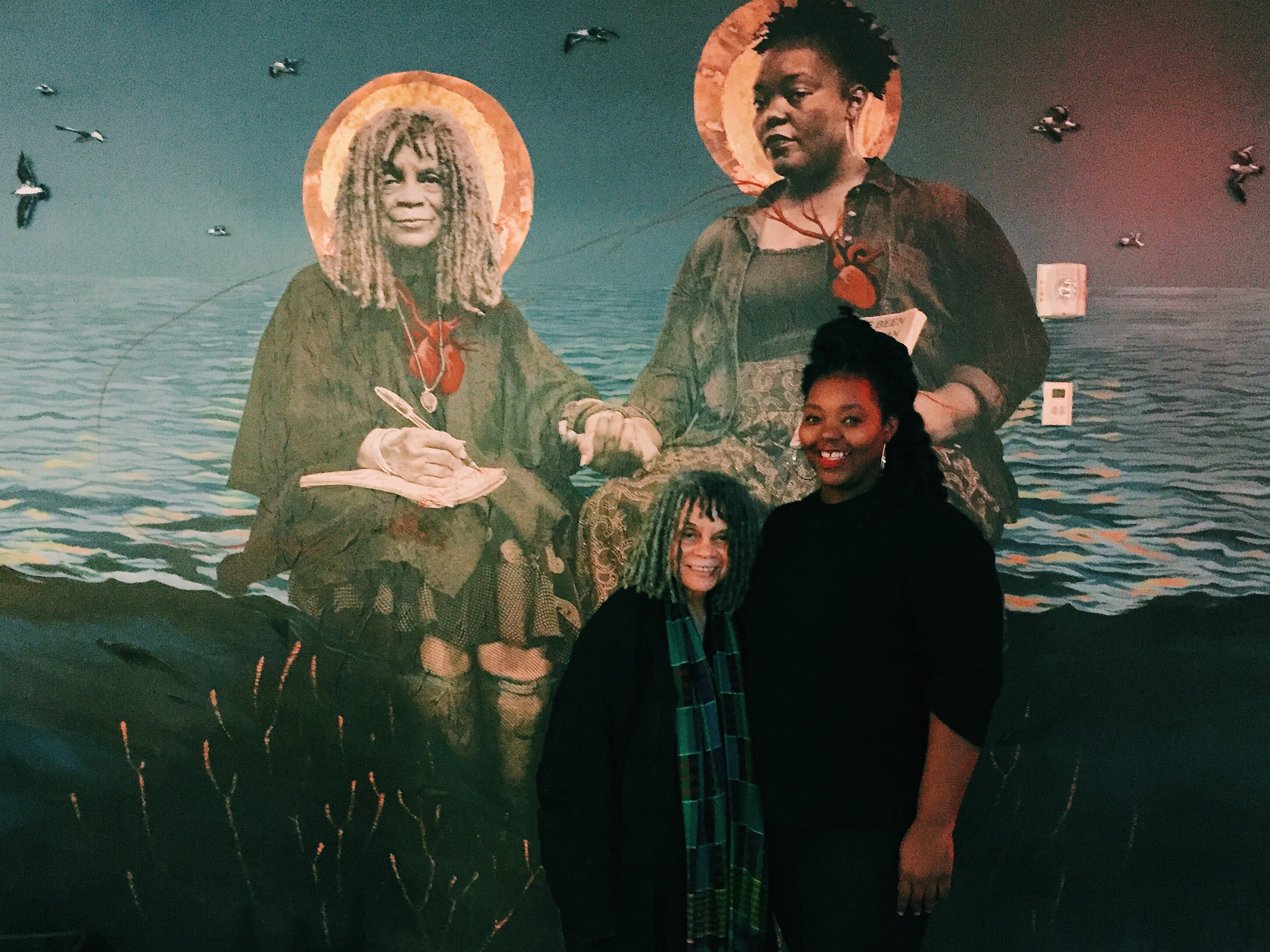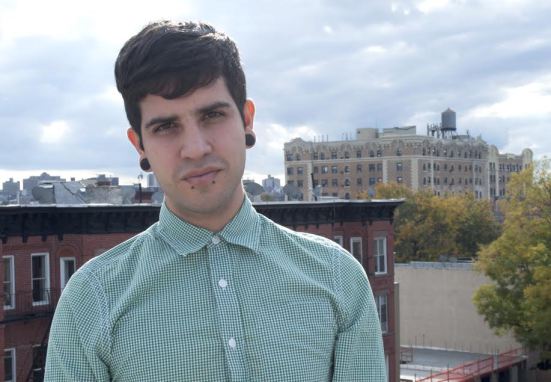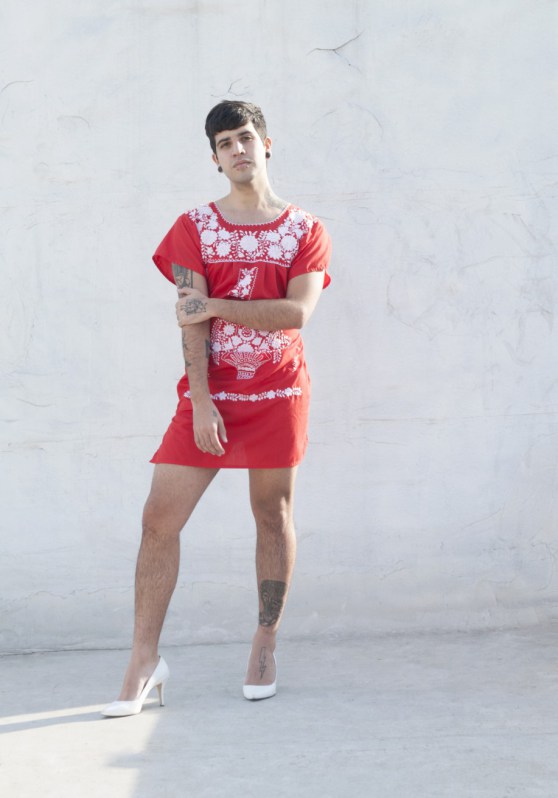Finding Our Voice After War
Mario Bonifacio writes short fiction. He served for ten years in the U.S. Army, both active and reserve, as a field artillery and cavalry officer, including a combat deployment to Iraq. He currently resides in Brooklyn, New York and has participated in the Voices From War writing workshop since 2014.
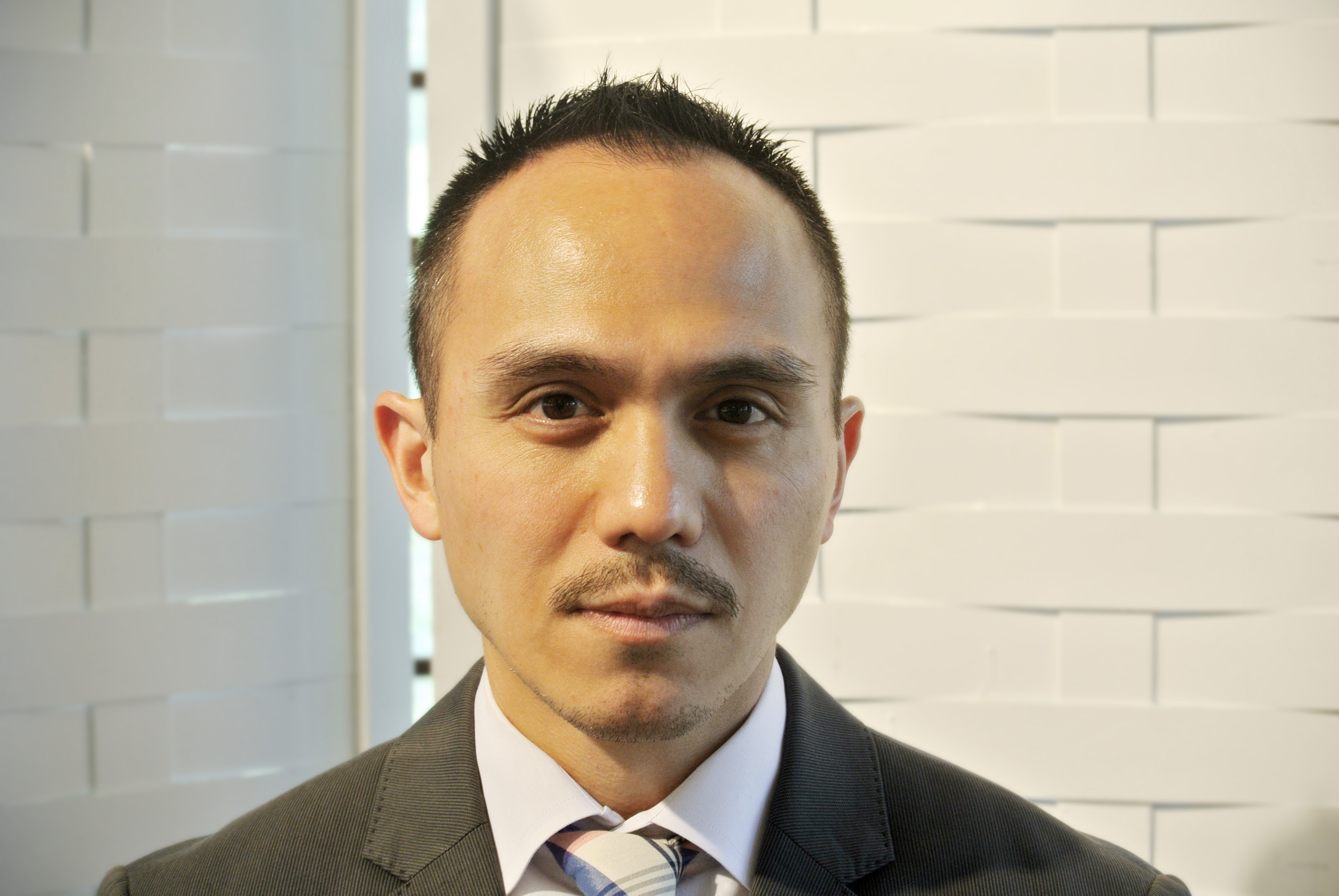
Back when war was a concept that only existed to me in history books or on the news, I wrote for myself—well, for myself and for the strangers who were out there, faceless, and felt things similar to me, even if they never read my work.
I chose active duty in the U.S. Army in 2003 and my writing slowed. Being trained for war, training a platoon for war and, eventually, war itself, all pulled my thoughts outward; reflections that could have once filled notebooks now remained on Texas shooting ranges and ambling desert roads in Iraq. The external world I’d chosen was dangerous and not to be taken lightly, but as I'd learn in the years that followed, so was ignoring the internal conflict that inevitably followed many of us home.
When I returned home from war, I focused on my professional reintegration, which was far from easy but a welcome distraction and enough to convince myself that I was happy—that to be walking and breathing was all I needed to be happy. To be anything but seemed a crime against the memory of those unlucky enough to have not made it back. But I knew enough to understand my happiness was worthy of distrust, like the way you feel when entering a rush hour subway car with what seems like too many available seats.
I joined the Voices From War workshop, sponsored by Poets & Writers, at first, to remain connected to other veterans, not yet convinced I wanted to write about my time serving or the issues I, and veteran friends, faced while readjusting. I obviously knew there was writing out there about the Iraq War, in addition to movies and other media, but I passively avoided it. The world beyond the military offered no shortage of lessons to learn, so why use my limited facilities to hear others speak about something I had already experienced firsthand? Much of it was pretty terrible anyway—inaccurate and exaggerated.
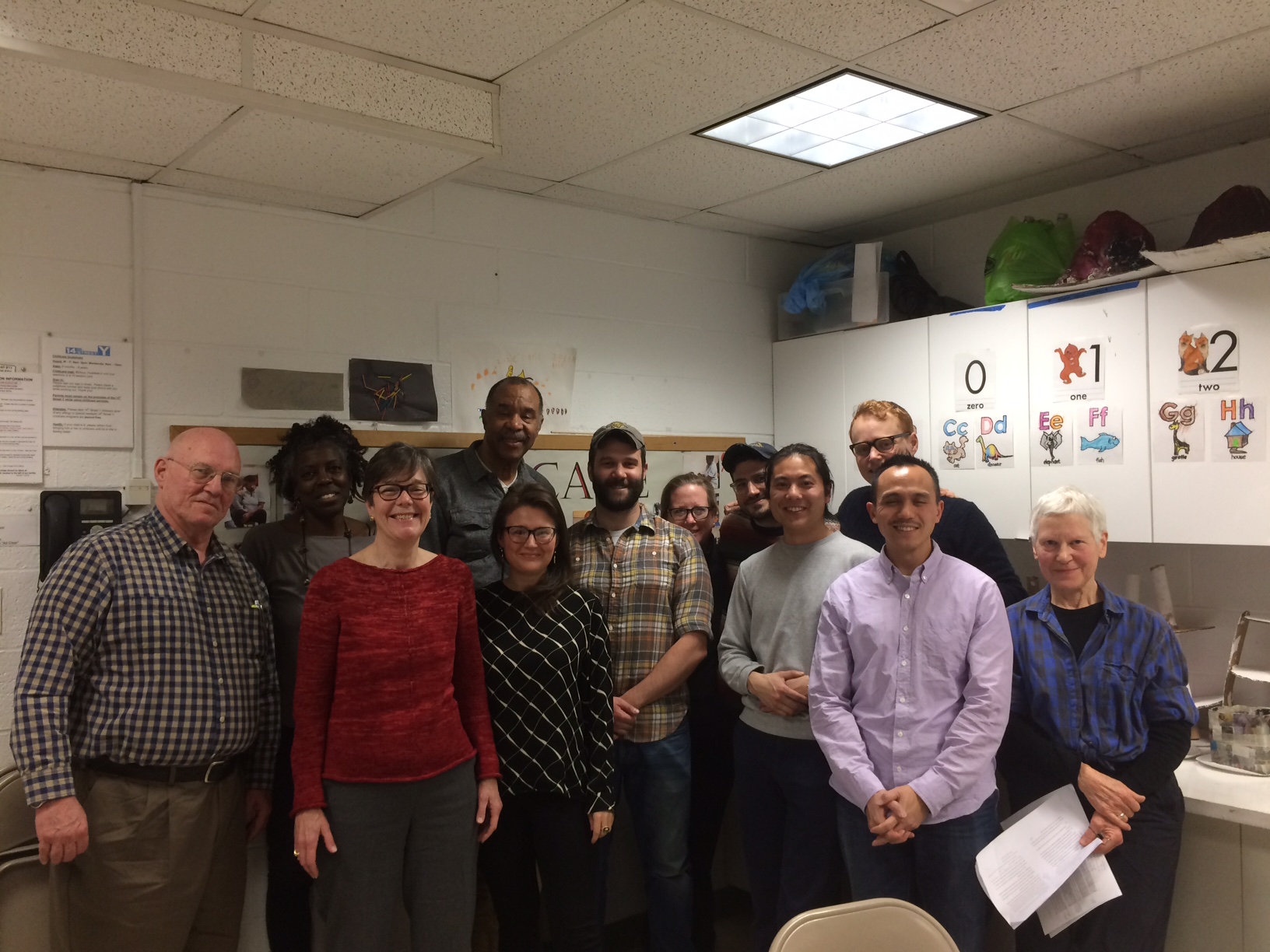
It was the other participants in Voices From War who convinced me that this wasn't a problem to be avoided, but rather one to be solved—a problem that would persist until we rose up to tell our version of the story. After all, no one but us had the memories to draw upon, to become the voices from the war in Iraq.
After completing my first few works and participating in my first readings, both in conjunction with the workshop, I was able for the first time to see those faceless readers I'd once imagined—people who might never have heard a war story directly from the source, people who feel they don't have a voice, and people I served alongside who, for many reasons, cannot tell their own stories.
In the most literal sense, our story doesn't exist unless we write it down. And I very much want our stories to exist.
Photos: (top) Mario Bonifacio. Photo credit: Christina Garofalo. (bottom) Voices From War workshop participants. Photo credit: Kara Frye Krauze.
Support for Readings & Workshops in New York City is provided, in part, by public funds from the New York State Council on the Arts, and the New York City Department of Cultural Affairs, with additional support from the Louis & Anne Abrons Foundation, the Axe-Houghton Foundation, the A.K. Starr Charitable Fund Trust, and the Friends of Poets & Writers.







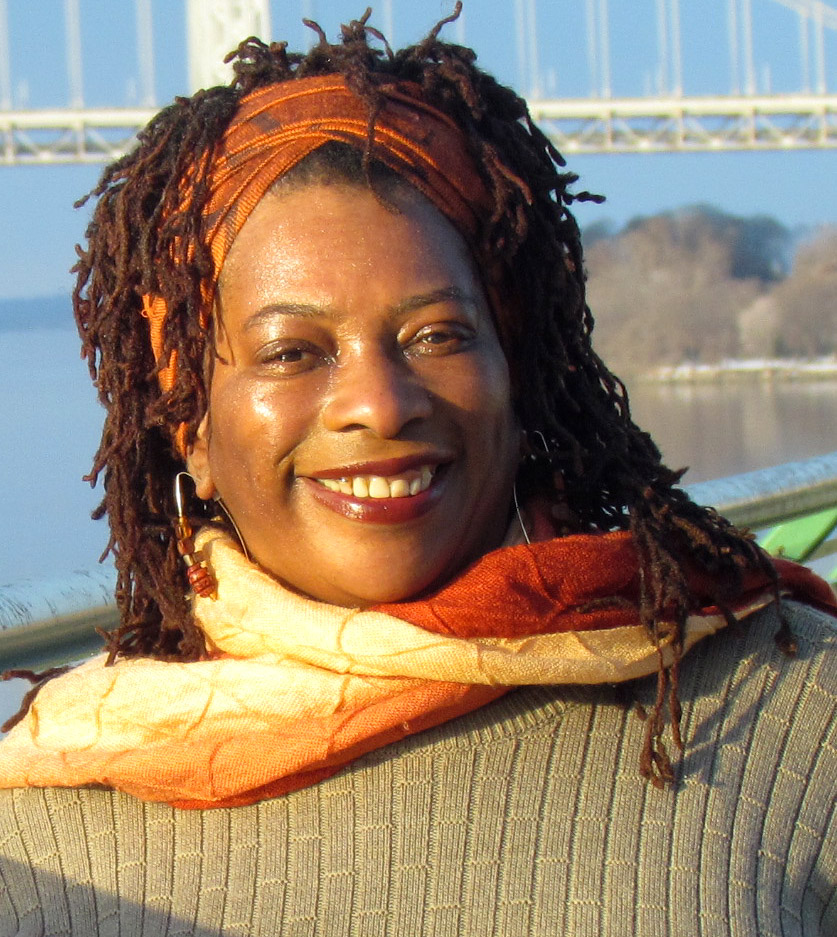

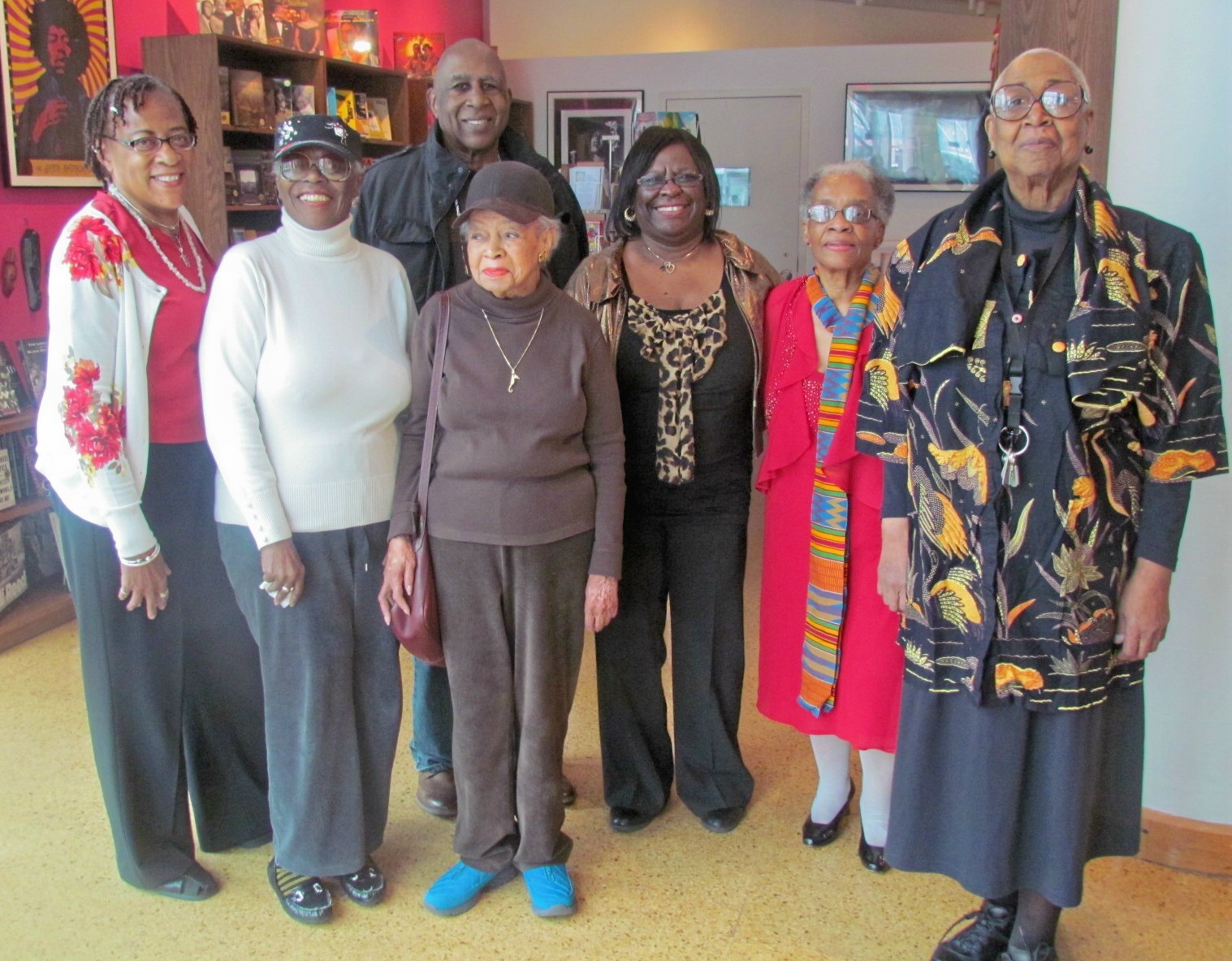
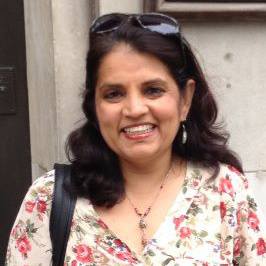
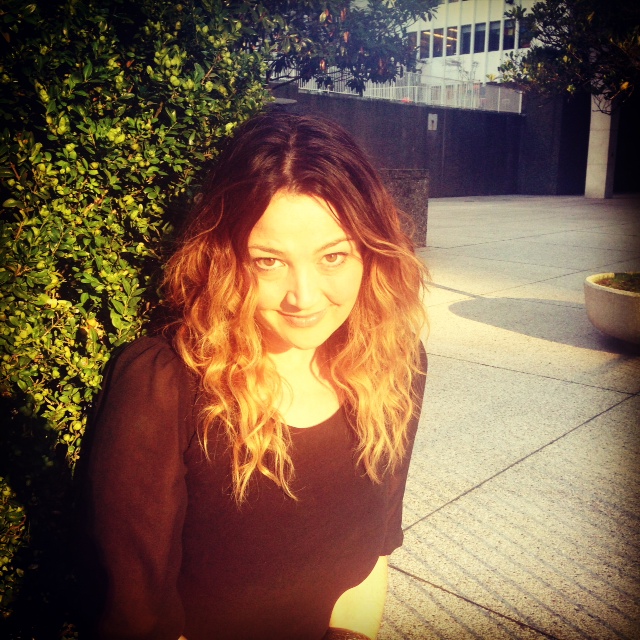
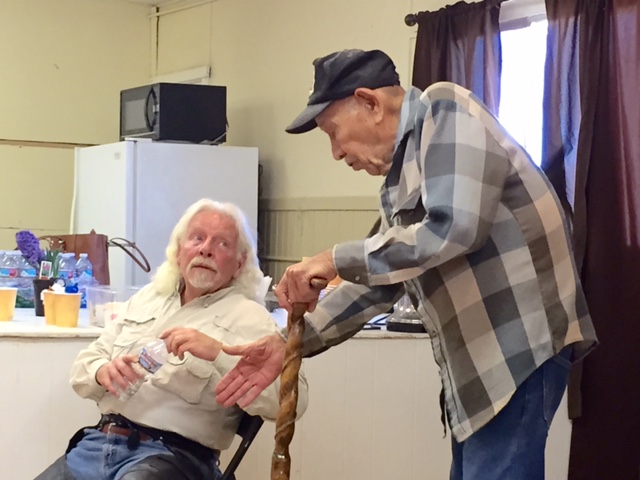 Mojave Desert Writing Workshop: February 15, 2016
Mojave Desert Writing Workshop: February 15, 2016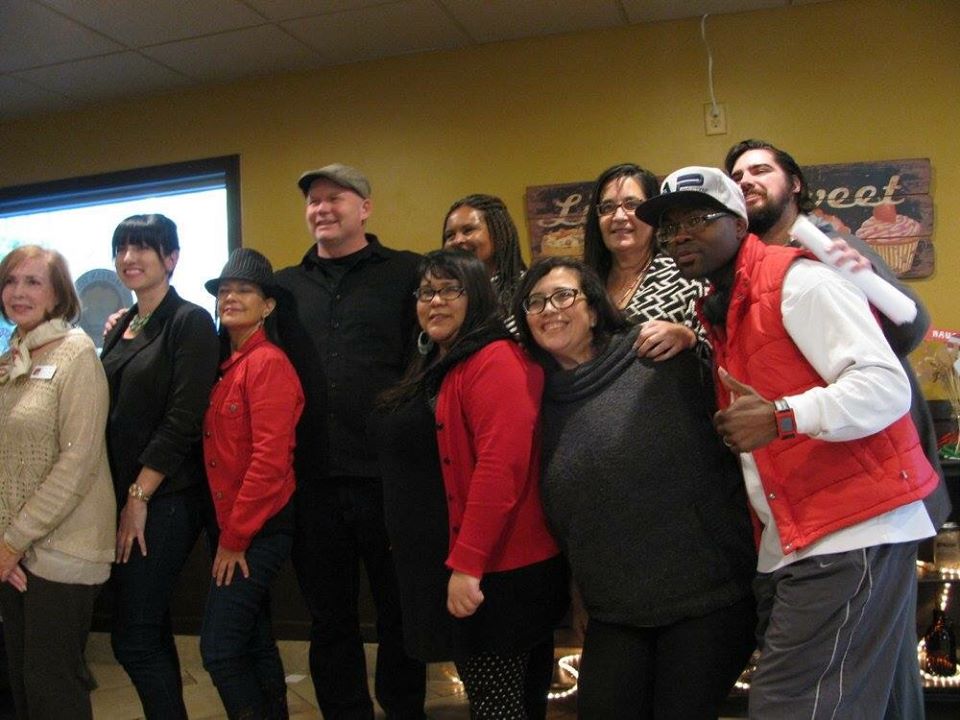 Songs for San Bernardino / Reading Helps Inland Empire Heal: December 20, 2015
Songs for San Bernardino / Reading Helps Inland Empire Heal: December 20, 2015